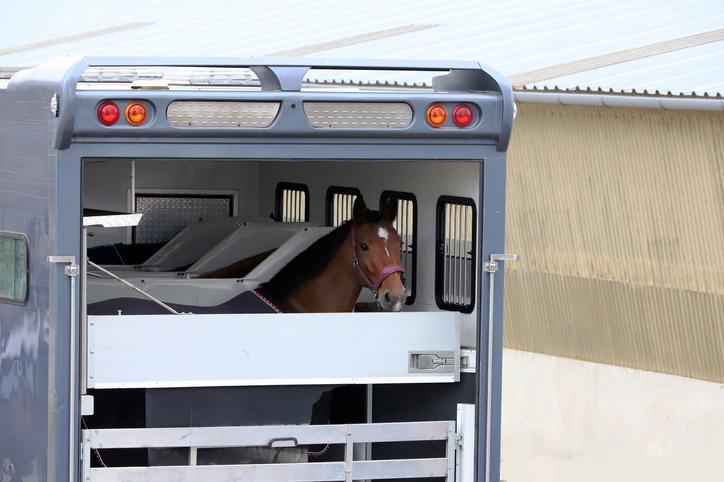
Waka Kotahi NZ Transport Agency has given vehicles over 3.5 tonnes a five-year exemption from having to get an altered cab certified, while it works on inspection guidelines, and said it may even make the exemption permanent.
The agency faced a storm of protest after activating long-ignored rules in May, arguing it was doing it for safety's sake.
Grace Evers, who imports horse trucks from Europe, said the clampdown was unjustified and the exemption did not address the core question.
"It's a great reprieve in the very short term for people who desperately want to get out, using their motorhomes and horse trucks over the summer," she said.
"But the question still remains - are they safe or are they unsafe?"
Waka Kotahi has said it had no evidence of deaths or injuries linked to modified cabs but it was aware of some unsafe modifications.
The exemption does not apply to vehicles modified since November 2018, when inspection rules changed.
The Motor Caravan Association described the exemption as "a huge step forward".
Evers is more circumspect.
"There are no more engineers now than there were before who want to do the certification," she said.
NZTA said it has made the move after looking at eight options measured against the speed and ease of implementation, assurance of public safety, regulatory integrity, and the impact on the inspection industry.
The dispute had eroded vehicle values, Evers said.
"I've already had several people call me ... asking, 'What do we do? Do I purchase and take the risk?'
"You can't say that there's not a risk because it's a temporary exemption that can be revoked at any time by NZTA."
A blanket exemption on vehicles that varied so dramatically was questionable, she said.
The agency said vehicle inspectors must still check cabs regularly and could call in certifying engineers if there were safety concerns.
Coming up with guidelines, or a code of practice, for cab certifications was a "priority", it said.
This might lead to a permanent exemption, a change to the Vehicle Inspection Rule, or retrospective requirements.
"If this is the case, these will be introduced with a lead-in time, with all efforts being made to allow vehicles to continue being used while owners sort out compliance."












